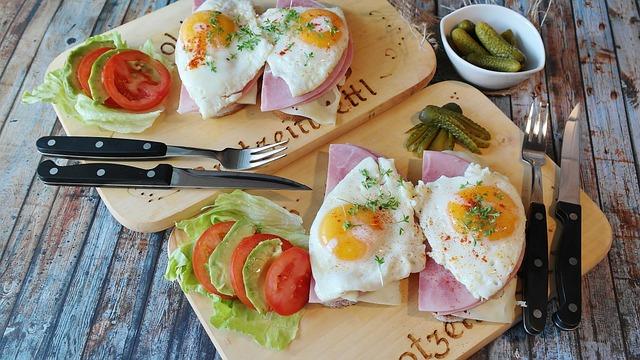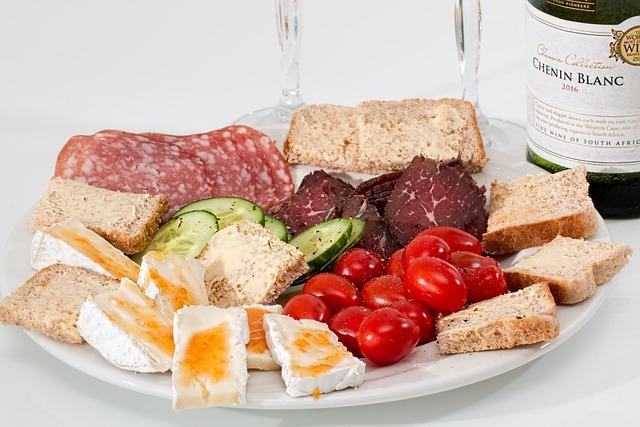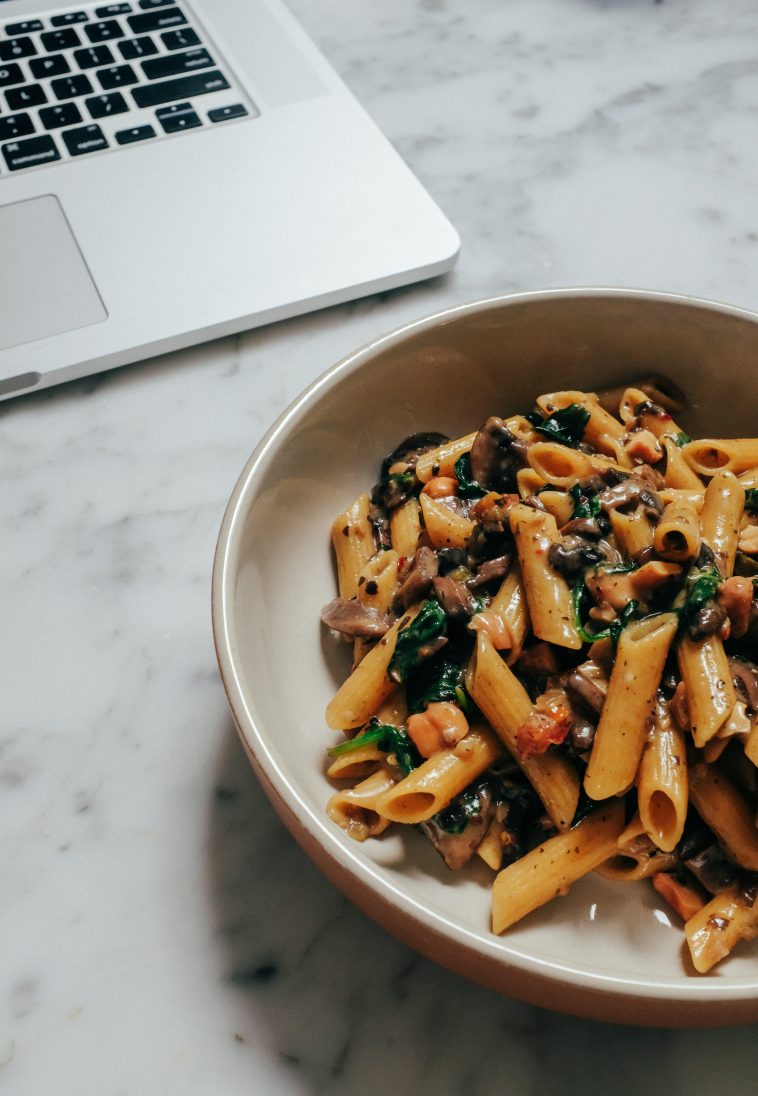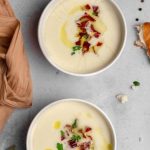In the vibrant tapestry of dietary choices, vegetarianism stands out with its rich palette of flavors and ethical considerations. Yet, amid the colorful array of fruits, vegetables, grains, and legumes, a question often looms large: can vegetarians truly meet their protein needs without resorting to supplements? As the world increasingly embraces plant-based lifestyles, this inquiry becomes ever more pertinent, challenging long-held nutritional assumptions and inviting us to explore the hidden depths of vegetarian cuisine. In this article, we embark on a journey through the lush fields of plant-based protein sources, unraveling the myths and realities that surround this essential nutrient, and discovering how a well-planned vegetarian diet can indeed provide all the protein one needs, naturally.
Exploring Plant-Based Protein Sources for Vegetarians
For those embracing a vegetarian lifestyle, there are numerous plant-based protein sources that can effectively meet daily protein needs without the necessity of supplements. These protein-packed alternatives are not only nutritious but also versatile, allowing for creativity in the kitchen. Consider incorporating a variety of these options into your meals:
- Legumes: Beans, lentils, and chickpeas are rich in protein and fiber, making them a staple in vegetarian diets. They’re perfect for soups, stews, or even homemade veggie burgers.
- Quinoa: Often mistaken for a grain, quinoa is a complete protein, meaning it contains all nine essential amino acids. It’s an excellent base for salads or as a substitute for rice.
- Nuts and Seeds: Almonds, chia seeds, and hemp seeds are fantastic sources of protein and healthy fats. Sprinkle them over oatmeal or blend them into smoothies for an added nutritional boost.
- Tofu and Tempeh: Derived from soybeans, these versatile ingredients can be grilled, stir-fried, or added to curries, providing a hearty texture and substantial protein content.
By diversifying your diet with these plant-based proteins, vegetarians can enjoy a balanced and nutritious intake without relying on supplements. The key is to embrace variety and experiment with different combinations to ensure a wide range of nutrients.

Balancing Amino Acids for Optimal Health
Ensuring a well-rounded intake of amino acids is essential for vegetarians aiming to maintain optimal health. While plant-based diets can indeed provide sufficient protein, attention must be paid to the variety of sources consumed. Complete proteins, which contain all nine essential amino acids, are typically found in animal products, but certain plant foods can also offer these complete profiles.
- Quinoa: A versatile grain that can be used in salads, soups, or as a side dish.
- Chia Seeds: Perfect for smoothies, puddings, or sprinkled on top of cereals.
- Hemp Seeds: Great for adding a nutty flavor to salads and yogurts.
- Buckwheat: Often used in pancakes, porridge, or as a rice substitute.
For those who prefer not to rely solely on complete proteins, combining foods can also effectively balance amino acid intake. Pairing rice and beans, hummus and whole wheat pita, or peanut butter on whole grain bread are classic examples of how complementary proteins can meet dietary needs. This approach not only enriches the diet but also offers a broader range of nutrients, contributing to overall well-being.

Crafting a Protein-Rich Vegetarian Meal Plan
When it comes to designing a vegetarian meal plan that’s rich in protein, the key is to embrace a variety of plant-based sources. Legumes, such as lentils, chickpeas, and black beans, are powerhouse ingredients, offering not only protein but also fiber and essential minerals. Quinoa, a complete protein, can be a versatile base for salads or bowls. Incorporating tofu and tempeh into stir-fries or sandwiches can add a satisfying texture and a protein punch. Don’t overlook nuts and seeds, like almonds, chia seeds, and hemp seeds, which can easily be sprinkled over meals for an extra boost.
- Legumes: Lentils, chickpeas, black beans
- Whole Grains: Quinoa, farro, barley
- Plant-based Proteins: Tofu, tempeh, seitan
- Nuts and Seeds: Almonds, chia seeds, hemp seeds
Pairing these ingredients with a variety of vegetables ensures a balanced diet that’s not only protein-rich but also bursting with vitamins and minerals. For instance, a hearty lentil stew with spinach and sweet potatoes or a quinoa salad with kale and roasted almonds can be both delicious and nutritious. By planning meals that combine these diverse sources, vegetarians can easily meet their protein needs without the need for supplements.

Expert Tips for Meeting Protein Needs Without Supplements
Achieving adequate protein intake on a vegetarian diet can be both satisfying and simple with a few strategic choices. Variety is key—incorporating a wide range of plant-based protein sources ensures you get all essential amino acids. Consider mixing and matching foods like beans, lentils, quinoa, and chickpeas. These not only provide protein but also enrich your diet with fibers, vitamins, and minerals.
- Whole Grains and Legumes: Pairing grains with legumes, such as rice and beans, creates a complete protein profile.
- Nuts and Seeds: Almonds, chia seeds, and flaxseeds are excellent sources of protein and healthy fats.
- Dairy and Eggs: If you include these in your diet, they can be an effortless way to boost protein intake.
- Tofu and Tempeh: These soy products are versatile, protein-rich, and can be used in a variety of dishes.
For those who enjoy cooking, experimenting with protein-rich recipes can make meals exciting and fulfilling. Think beyond the traditional salad and explore curries, stir-fries, and stews that incorporate these powerhouse ingredients. By focusing on diverse sources, vegetarians can easily meet their protein needs without the need for supplements.
In Summary
As we draw the curtain on our exploration of vegetarian protein sources, it’s clear that the plant kingdom offers a bountiful array of options to meet our nutritional needs. From the humble lentil to the mighty quinoa, nature provides a rich tapestry of ingredients that can seamlessly weave into a protein-rich diet. While the journey of a vegetarian might seem daunting to some, with a little creativity and knowledge, it becomes a path paved with vibrant flavors and healthful benefits. So, whether you’re a seasoned vegetarian or just beginning to explore this lifestyle, rest assured that the world of plants holds more than enough to sustain and nourish. Let your plate be your canvas, and may each meal be a testament to the power of plants.




